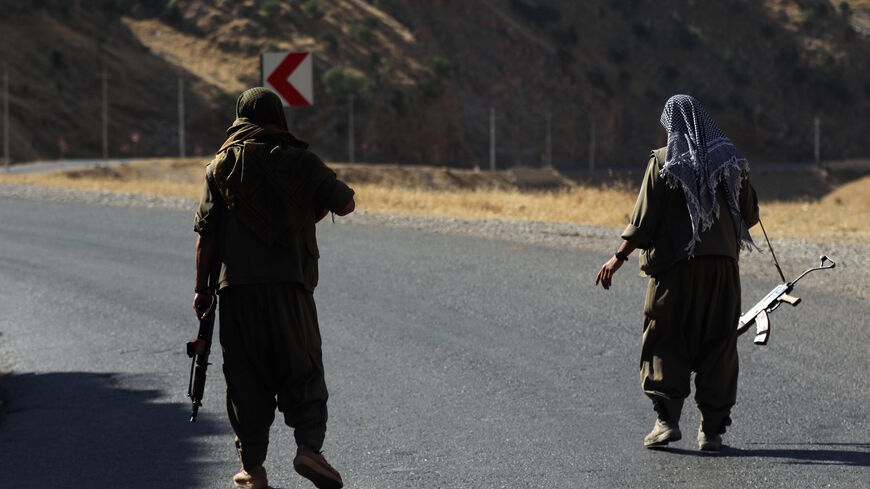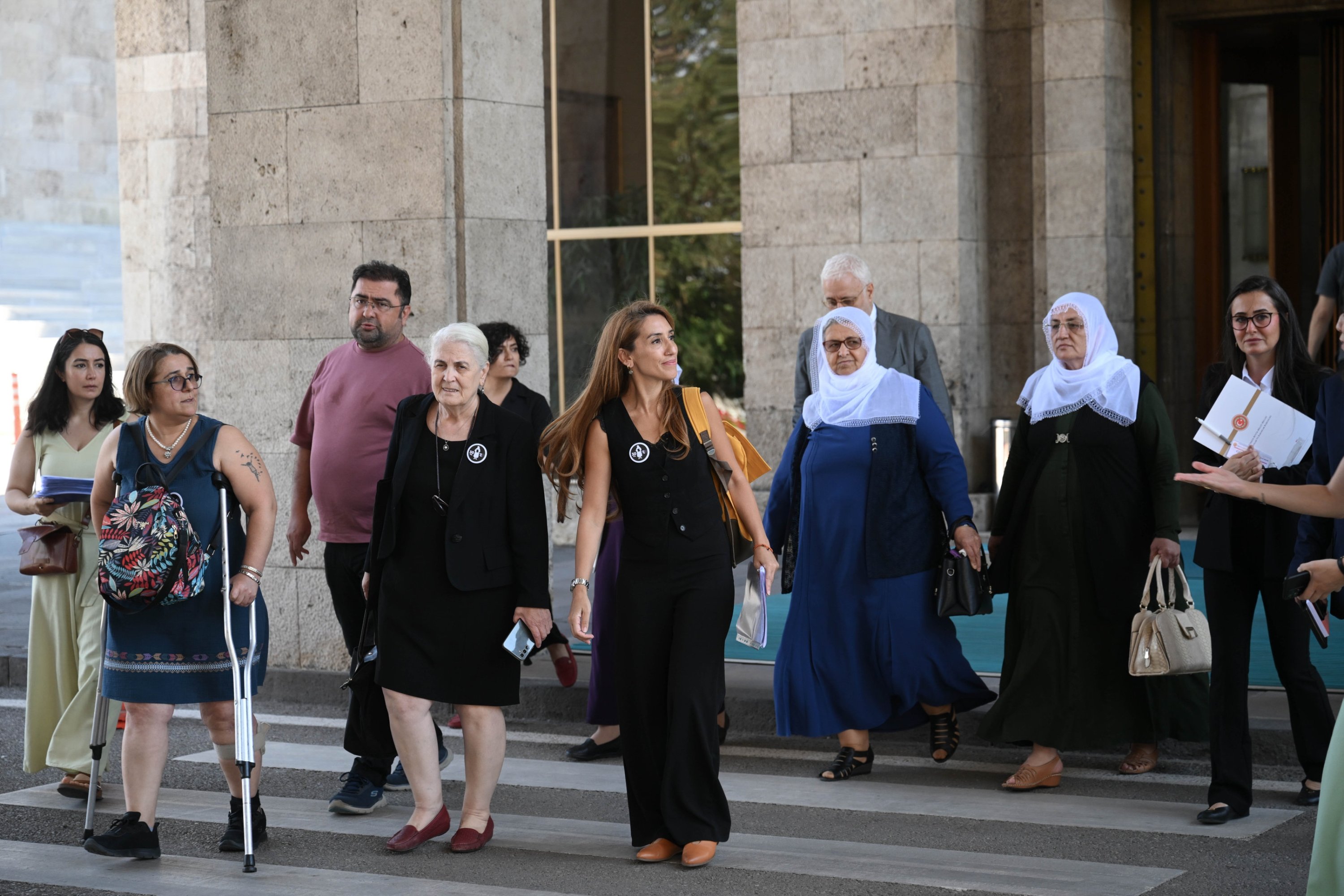
Türkiye’s newly established Terror-Free Türkiye Commission, officially named the National Solidarity, Brotherhood, and Democracy Commission, is laying out an ambitious roadmap for addressing the country’s long-standing security and political challenges. At the core of its mission is the recognition that terrorism cannot be reduced to a military issue alone.
The agenda the commission is shaping revolves around three interlinked dimensions: legislation, public diplomacy, and political dialogue.
Each is presented not as an isolated measure but as part of a broader attempt to finally confront the new regional necessities as a national issue rather than a matter of identity politics.

The commission's priority is legal reform, considered the indispensable foundation for any serious peace initiative. Two pieces of legislation stand out on the agenda. One is the long-discussed Anti-Discrimination and Hate Crimes Law, seen as a key instrument for reshaping the climate of mistrust between the state and Kurdish citizens. By creating stronger legal protections against hate speech and systemic exclusion, the law would mark a symbolic and practical shift from securitization toward inclusion.
The second is a potential amnesty or penal reform, which remains a politically sensitive subject but one that the commission regards as unavoidable. The argument is straightforward: if the state formally seeks to dissolve an armed structure, it must also provide a pathway for those imprisoned on charges of association or propaganda. Without that, the initiative risks appearing cosmetic and unconvincing. These legislative reforms are presented as the backbone of the process, setting a legal precedent for reconciliation.
Legislation alone, however, cannot carry the process forward. Commission members emphasize that public diplomacy is equally vital, given the current skepticism across broad segments of society. Surveys show public support for the initiative hovering below 50%, in stark contrast to the 2013 peace process, when approval peaked above 65%.
Opposition parties have been quick to frame the commission’s work as capitulation, while nationalist rhetoric is shaping the debate more effectively than the government’s own messaging. To counter this, the agenda envisions a much more active communication strategy, one that reaches beyond parliament to civil society, religious communities, business groups, and local organizations. The goal is to “win hearts and minds” by showing that reforms are not elite-driven concessions but steps toward a more stable, inclusive, and democratic society.
Parliament Speaker Numan Kurtulmus, who chairs the commission, said at its third meeting that the panel’s main aim is "to set a clear way for ridding Türkiye of the terrorism problem through consensus and joint steps."
In this context, in the early days of the commission, the floor was given to the mothers of martyrs and to the Kurdish mothers who lost their children to the PKK terrorist group.

Another dimension of the commission’s work is the fragile terrain of political dialogue. Here, the challenge lies in balancing reform expectations of recognition and rights with Turkish nationalist sensitivities.
In Tuesday’s session, nongovernmental organizations (NGOs) representing veterans and families of martyrs expressed support for the initiative but warned that the PKK should not benefit from any concessions.
Kurdish political actors and communities are watching closely to see whether the process will open space for broader identity recognition, language rights, and potentially constitutional change. At the same time, nationalist constituencies are wary of any signal that could be interpreted as legitimizing separatism.
Two unresolved questions dominate the political discourse: whether figures like Selahattin Demirtas could play a role in the process, and whether the commission’s mandate will expand into constitutional reform. While these issues are not formally part of the agenda, they shape the broader environment in which the commission operates, reminding policymakers that dialogue is as much about perception as negotiation.
The commission also seeks to situate its agenda within both international and domestic lessons. Comparative cases, from Britain’s negotiations with armed groups in Northern Ireland to Spain’s post-ETA experience, underline the importance of secrecy, sequencing, and controlled disclosure. Too much transparency, officials warn, can empower spoilers and derail momentum.
Domestically, history offers sobering reminders. From the Tanzimat reforms of the Ottoman era to minority treaties in the early 20th century, reforms imposed or perceived as externally driven often failed to gain social legitimacy and triggered backlash. By highlighting these precedents, the commission underscores why its reforms must be domestically grounded and carefully calibrated to Türkiye’s political climate.
Beyond legislative and political mechanics, the commission frames its mission in terms of a broader national responsibility to reconcile between the segments of society. Officials repeatedly stress that terrorism is a symptom, not the root problem. The deeper issue lies in identity, citizenship, and democratic participation, which are the matters that Türkiye has wrestled with for over a century.
The commission’s task is not to rewrite history but to craft a practical roadmap for reconciliation that is domestically owned, socially legitimate, and legally enforceable. This framing also serves a strategic purpose: to counter the narrative that reforms are being pursued under Western or international pressure, a perception that has historically undermined reform processes in Türkiye.
The commission’s agenda ultimately represents a balancing act across multiple fronts. Legal reforms must advance without provoking nationalist backlash. Public diplomacy must convince skeptical citizens while fending off opposition narratives.
Amid tensions in Syria, political dialogue must offer credible signals of assurances without crossing red lines that could fracture the political system. At every step, the commission is operating under the shadow of past failures and current tensions, but with the awareness that repeating those failures would carry even higher costs today. The agenda, therefore, is as much about timing and communication as it is about laws and negotiations.